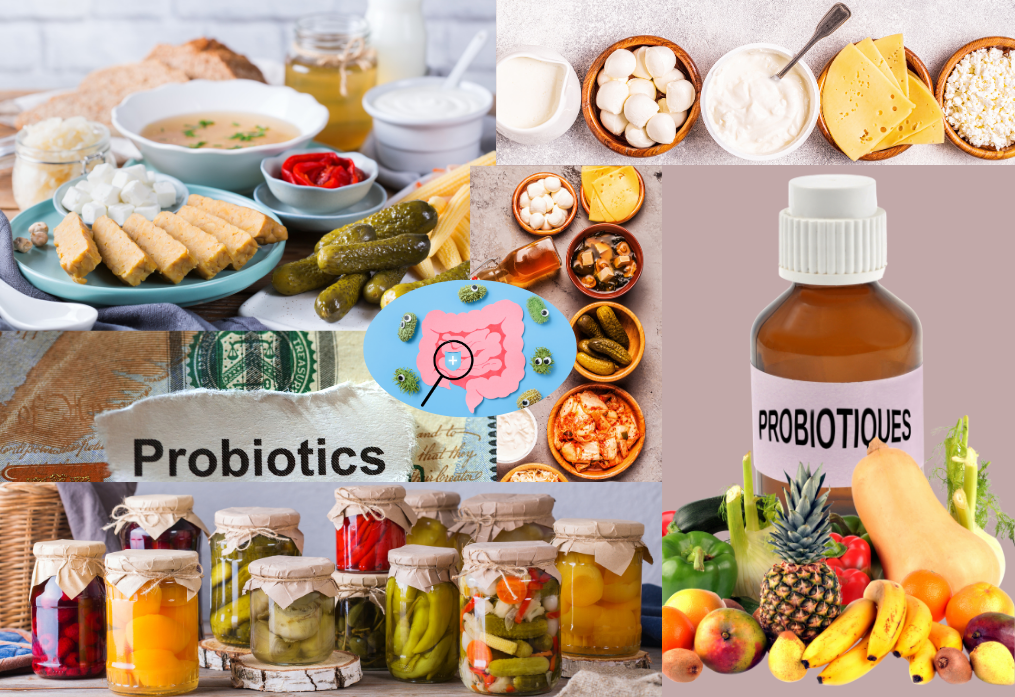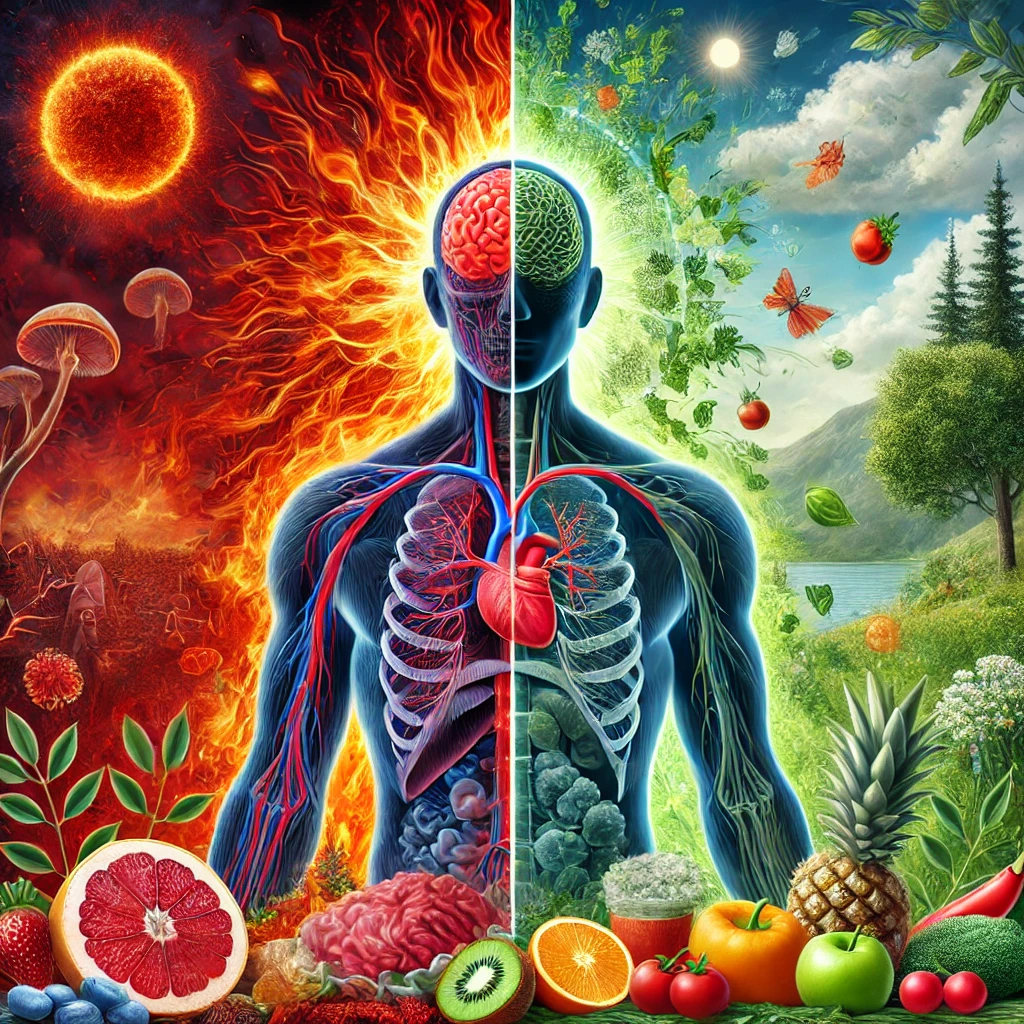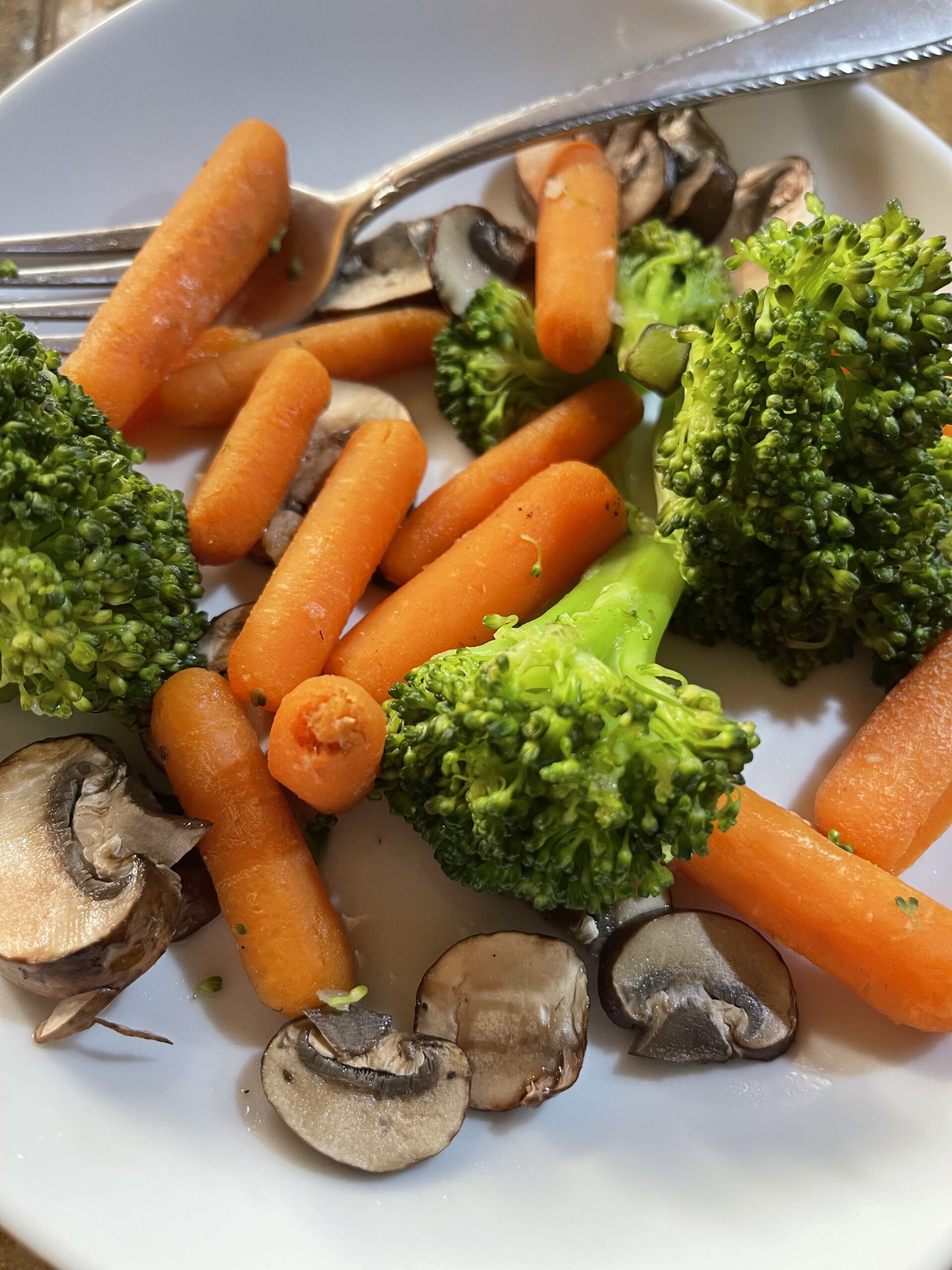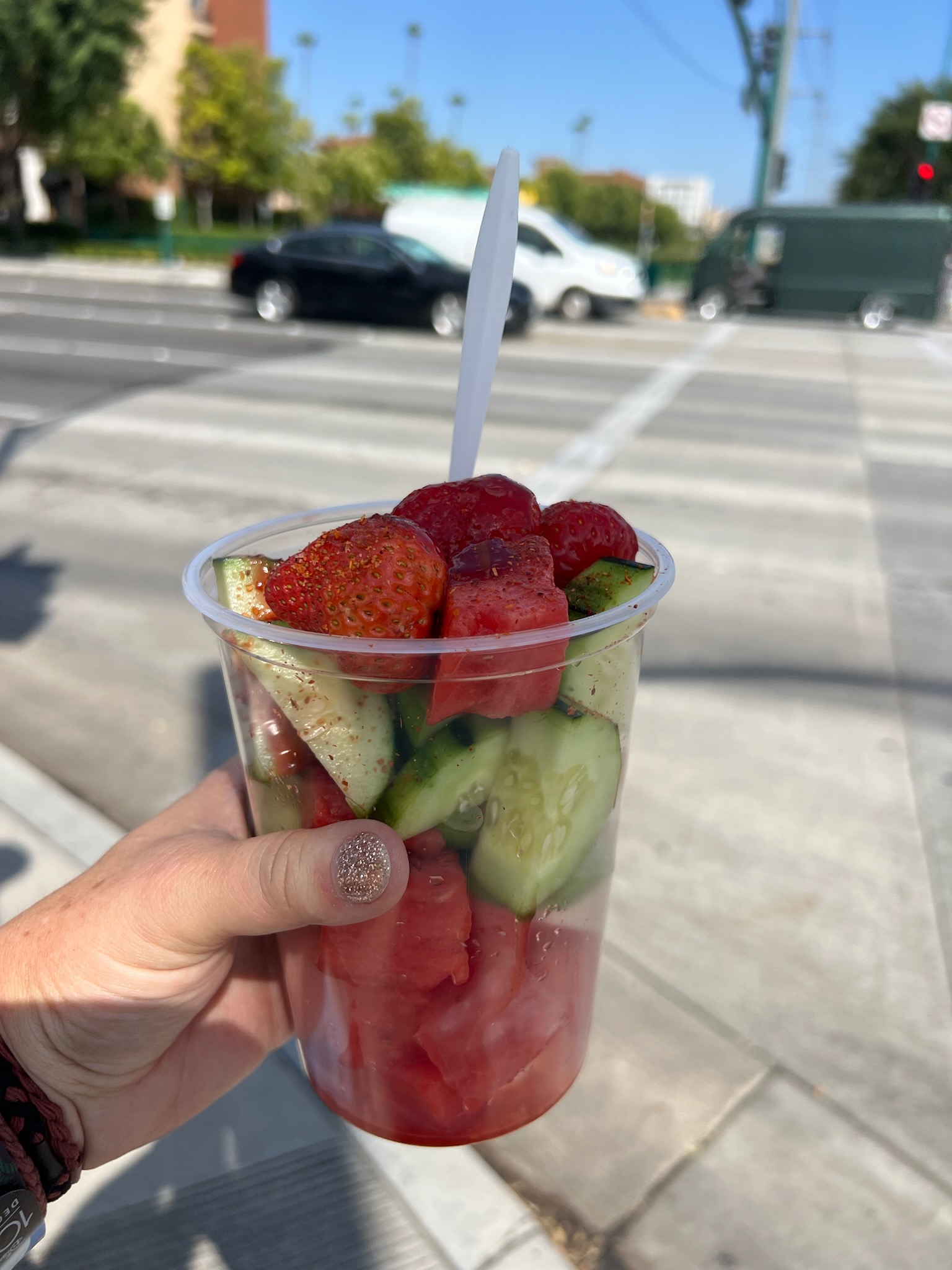Maintaining a healthy gut is fundamental to overall well-being. The intricate balance of prebiotics, probiotics, and postbiotics plays a crucial role in promoting digestive health and preventing various disorders. This article delves into the significance of each component, their benefits, and their interrelationship in supporting a robust gut microbiome.
Prebiotics: Nourishing the Good Bacteria

What are Prebiotics? Prebiotics are non-digestible food components that promote the growth of beneficial bacteria in the gut. They primarily consist of fiber and serve as food for probiotics.
Common Prebiotic Foods:
- Inulin: Found in chicory root, garlic, onions, and asparagus.
- Fructooligosaccharides (FOS): Shown in bananas, onions, and leeks.
- Galactooligosaccharides (GOS): Found in legumes and beans.
- Resistant Starch: shown in green bananas, potatoes, and whole grains.
Benefits of Prebiotics:
- Enhanced Digestion: Prebiotics support digestive health and regularity by feeding beneficial bacteria.
- Improved Immune Role: They stimulate the growth of bacteria that enhance the immune system.
- Reduced Inflammation: Prebiotics can help reduce inflammation and are linked to various chronic diseases.
- Fertilizer: Prebiotics are the foods that feed the probiotics, allowing them to multiply and grow to enhance digestion.
Probiotics: The Good Bacteria
What are Probiotics? Probiotics are live beneficial bacteria that live in the gut. They help keep the balance of gut microbiota and contribute to overall health.
Common Probiotic Foods:
- Yogurt: Has strains like Lactobacillus and Bifidobacterium.
- Kefir: A fermented milk drink with a rich probiotic content.
- Sauerkraut and Kimchi: Fermented vegetables rich in Lactobacillus.
- Miso and Tempeh: Fermented soybean products providing diverse probiotic strains.
Benefits of Probiotics:
- Improved Digestive Health: Probiotics aid in breaking down food and absorbing nutrients.
- Enhanced Immune Response: They bolster the immune system by inhibiting the growth of harmful bacteria.
- Mental Health Benefits: Probiotics can influence brain role, reducing symptoms of anxiety and depression.
Postbiotics: The Beneficial Byproducts
What are Postbiotics? Postbiotics are the metabolic byproducts produced by probiotics during fermentation. These compounds include short-chain fatty acids (SCFAs), enzymes, and peptides.
Common Postbiotic Compounds:
- Butyrate: A SCFA that provides energy to colon cells and has anti-inflammatory properties.
- Lactate: Produced by Lactobacilli, it helps keep a healthy gut pH.
- Bacteriocins: Antimicrobial peptides that inhibit the growth of harmful bacteria.
Benefits of Postbiotics:
- Enhanced Gut Barrier Role: Postbiotics strengthen the gut lining, preventing harmful substances from entering the bloodstream.
- Anti-Inflammatory Effects: They reduce gut inflammation, promoting overall gut health.
- Immune Modulation: Postbiotics help modulate the immune system, enhancing its efficiency.
The Symbiotic Relationship: How They Work Together

The combination of prebiotics, probiotics, and postbiotics creates a synergistic effect that enhances gut health:
- Prebiotics feed probiotics, helping them thrive and multiply.
- Probiotics produce postbiotics, which give more health benefits.
- The presence of postbiotics helps create an optimal environment for both prebiotics and probiotics to play an effective role.
The Importance of a Healthy Gut Microbiome
Gut Bacteria and Stool Elimination:
- A balanced gut microbiome ensures proper digestion and stool elimination.
- When gut bacteria are imbalanced, stool elimination can be impaired, leading to constipation or diarrhea.
- Proper elimination is essential for removing waste and toxins from the body.
Nutrient Absorption:
- Healthy gut bacteria aid in the breakdown and absorption of nutrients.
- An imbalanced microbiome can lead to nutrient deficiencies, impacting overall health.
Impact on the Bloodstream and Brain:
- When gut bacteria are not functioning correctly, toxins and undigested food particles can enter the bloodstream.
- This can lead to systemic inflammation and impact brain role.
- Conditions like brain fog, dementia, Alzheimer’s, and learning disabilities can be linked to poor gut health.
Conclusion
Maintaining a healthy gut involves a delicate balance of prebiotics, probiotics, and postbiotics. Each uniquely supports the gut microbiome, enhances nutrient absorption, and ensures proper elimination. A well-functioning gut is essential for overall health, impacting everything from immune role to mental well-being. By incorporating various prebiotic, probiotic, and postbiotic-rich foods into your diet, you can support your gut health and, by extension, your overall role.
Key Takeaways:
- Prebiotics: Nourish beneficial bacteria and improve digestion.
- Probiotics: Live bacteria that enhance gut health and immune role.
- Postbiotics: Byproducts that strengthen the gut barrier and reduce inflammation.
- Healthy Gut: Essential for proper nutrient absorption, elimination, and overall well-being.















